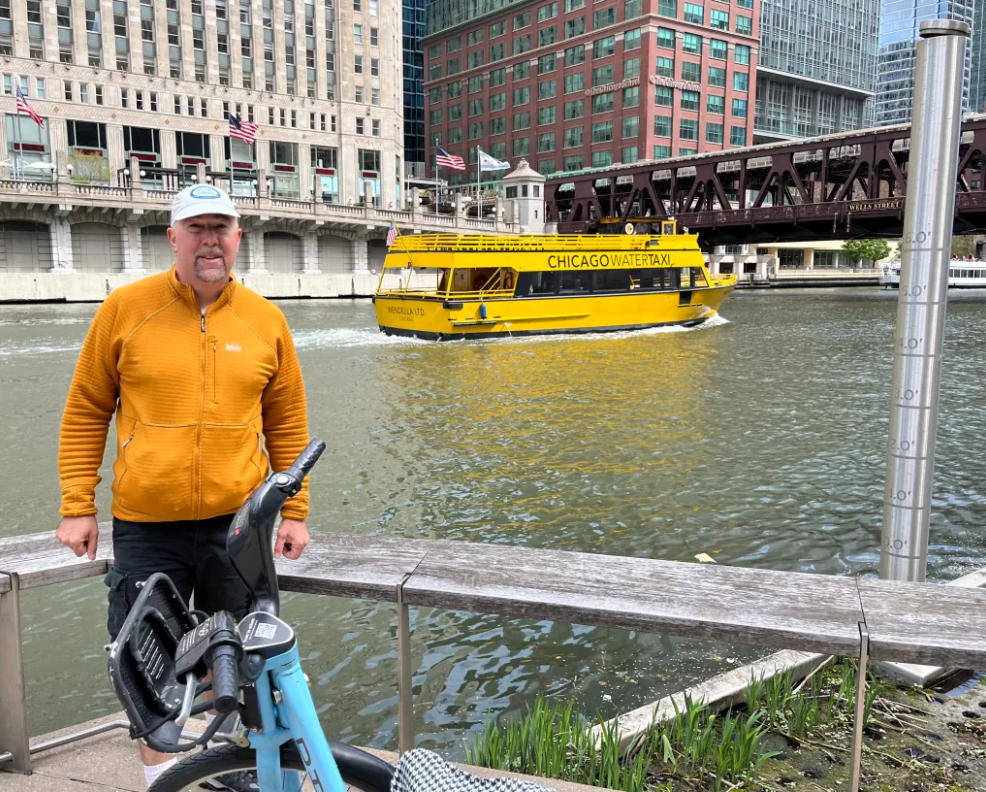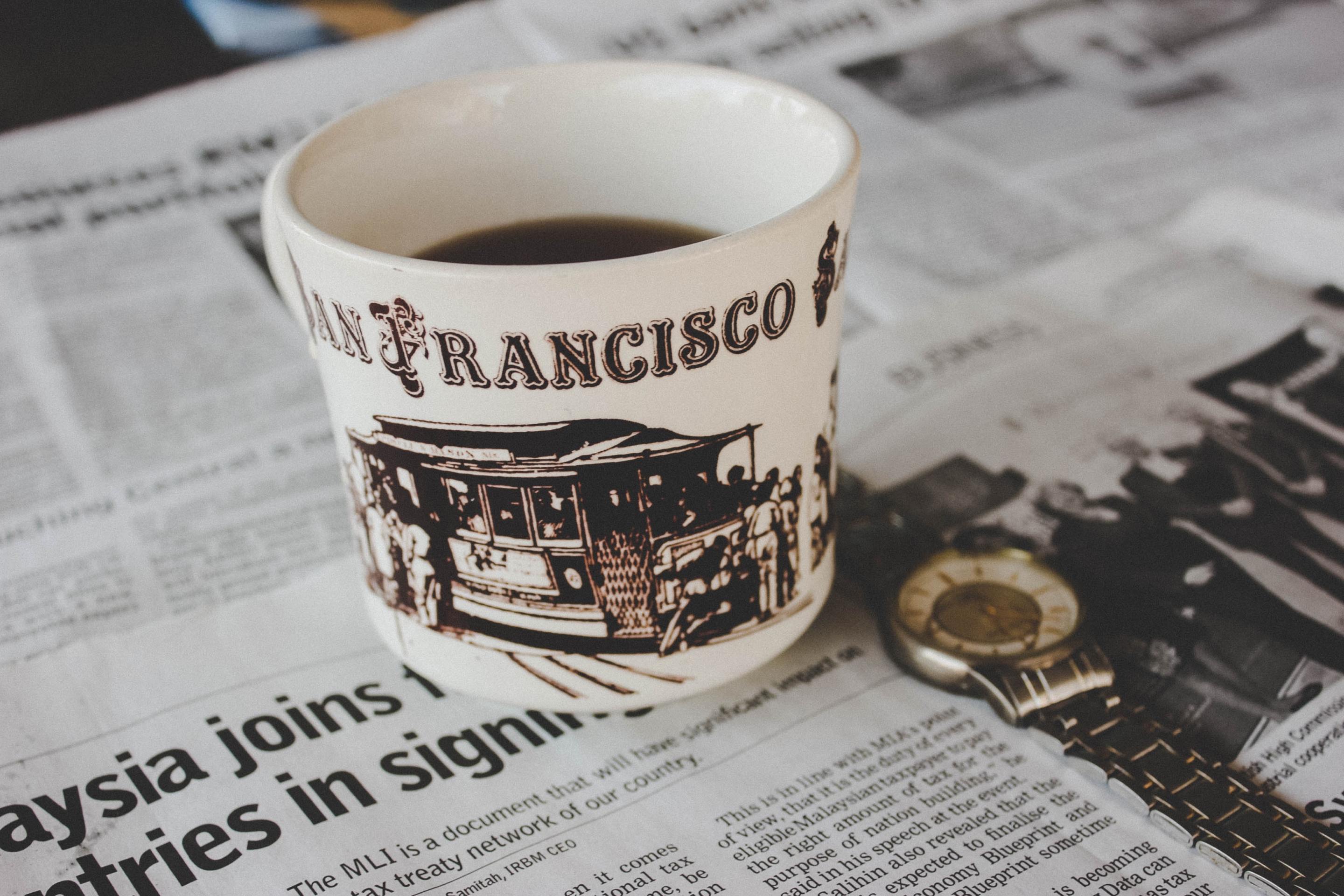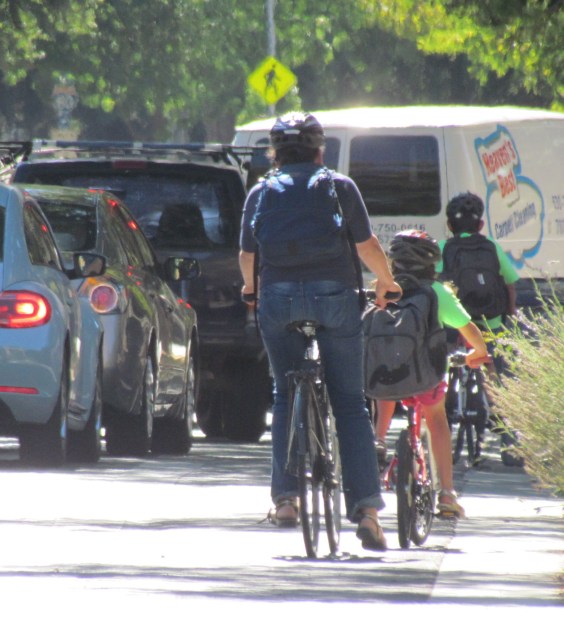In an unusually short discussion this morning, the BART Board of Directors decided not to vote on a long-debated proposal to conduct a temporary six-month fare rollback, which was brought forward by Board Chair James Fang, but has received a chilly response from the public in polling and feedback. Rather than face the possibility of a negative vote on the matter, Fang instead proposed BART delay its regularly scheduled bi-annual fare increase from January 1, 2012 to July 1, 2012.
Over the past few months, public comments to the board were overwhelmingly opposed to the fare rollback. In print surveys, only 33 percent of respondents supported a fare rollback; in an online survey, only 11 percent supported it. Out of 141 comments registered on web and print surveys, not one supported the fare rollback and out of 60 emails to BART on the matter, none were in favor.
Many email respondents did support cleaning train cars and stations, however. In an email like many others, rider Chris wrote, "Hello, I don't believe Bart [sic] should roll back fares temporary [sic] though I would be in favor if it was permanent. I would rather see Bart [sic] use the money to clean up the dirty trains and stations. Plus get rid of all the Bart train carpet floors as they are ugly and REALLY dirty."
Board Director James Keller defended Fang against accusations that he has promoted a fare rollback because he is up for re-election and was currying voter favor, which was a common theme in many of the public's comments. "There have been many comments that have gone to our motives of what we're interested in," said Keller, noting that he was not up for election any time soon.
"I think the original concept here was that we would give back to our riders because of all the turmoil we went through last year," said Keller, referring to the narrowly averted operator strike that would have shut down the system. Keller said he wanted to reward riders for their loyalty, but his constituents had rejected the rollback proposal and preferred BART put the money into savings or vehicle upkeep.
Keller called the new proposal a good compromise and said it addressed the situation where the board moved its last scheduled fare increase up by six months. "Because of the hard times we had to move up the fare increase last year, this would be a way of compensating that. I just think our public and riders deserve consideration and this would be a good way to do that."
Because Fang's new fare proposal hasn't undergone fare equity analysis and BART needs to give notice to the public to hold a hearing, the board will take up this issue again at its next board meeting on August 26th.
Quarterly Performance Outlook Near Targets
In its quarterly performance report today [PDF], BART staff informed the board that
it was meeting its primary targets in nearly every area, though
ridership was down 3.3 percent overall and perhaps not surprisingly, cleanliness complaints were
up noticeably. Though BART narrowly missed its on-time customer target
of 96 percent (with 95.72 percent), that number was up from last quarter.
Half of the biggest delays involved police activity and civil unrest
around the Mehserle verdict.
BART on-time train performance was 93.67 percent, just under the 94 percent target, though the report noted than nearly half of the delayed trains were due to factors beyond BART's control, such as power outages from PG&E.
BART met most of its other goals for train performance and customer amenities like elevator and escalator maintenance.





